Site 300 Experimental Test Site
- Home
- Facilities
- Hydrodynamic and Explosives Testing
- Site 300 Experimental Test Site
Unique National Resources for Explosive Materials
Site 300, located 15 miles east of Lawrence Livermore's main site, is home to world-class facilities to support development of explosive materials as well as hydrodynamic testing and diagnostics. Here, our researchers can safely formulate, fabricate, and test high-explosive assemblies to assess the performance of nonnuclear weapon prototypes and components.
Site 300 gets its name from the early days when LLNL's main site was referred to as Site 200 and Lawrence Berkeley National Laboratory was known as Site 100.
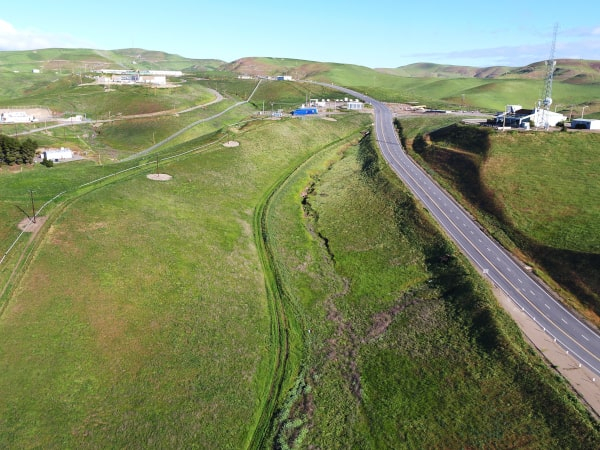
Site 300 by the Numbers
7,000
ACRES
~200
BUILDINGS/ BUNKERS
60 kg (132 lb)
MAXIMUM EXPLOSIVES HANDLED
>35
PROTECTED SPECIES
One-of-a-Kind Capabilities
From material synthesis to multi-diagnostic testing, Livermore’s comprehensive high-explosive capabilities start with the High Explosives Applications Facility, where up to 10 kg (22 lb) of high explosives can safely be handled, and extend to Site 300 and a limit of 60 kg (132 lb).
From large-scale formulation to assembly of explosive devices, Site 300 is a key component of a national strategy that integrates a complete spectrum of facilities and expertise in energetic materials and high-explosive-driven experiments, enabling important national security missions now and well into the future.
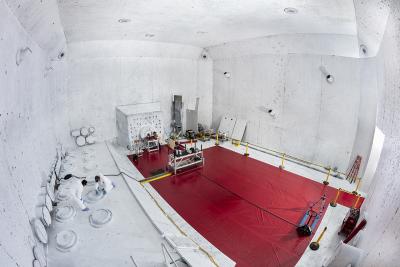
Contained Firing Facility
The world’s largest indoor firing facility
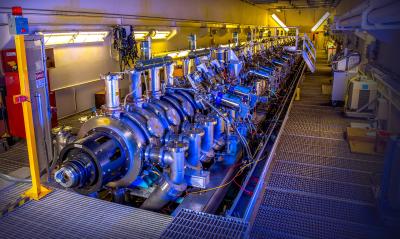
Flash x-ray radiography
Largest penetrating radiographic field of view
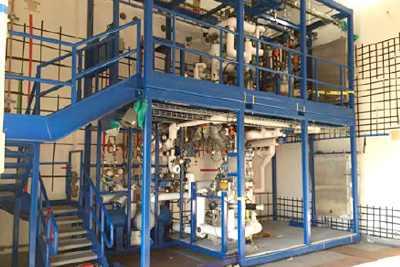
Energetic materials development
Synthesis and formulation pilot plant
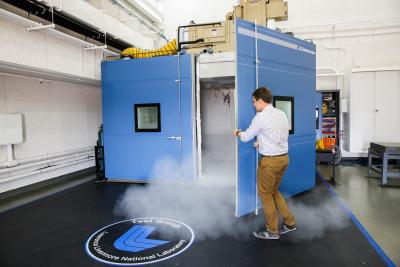
Thermal, shock, and vibration environmental testing
High-fidelity warhead engineering tests
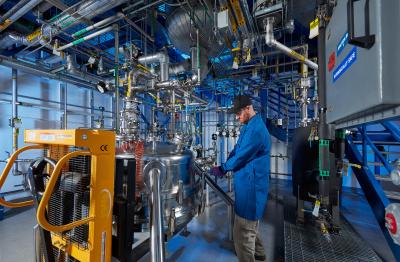
Explosives synthesis, formulation, and processing
Large-scale (>100 kilograms) explosive handling
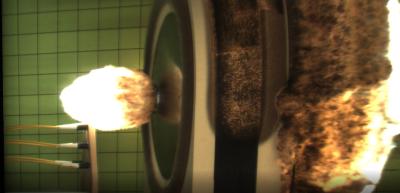
High-speed optical equipment, velocimetry, radiography
Consolidation of experimental diagnostics
----- Please do not delete or edit, for stylistic backgrounds only -----
Environmental Stewardship at Site 300
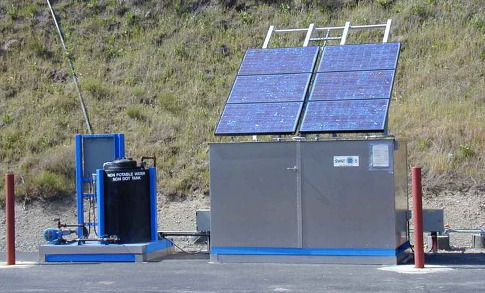
Environmental Restoration
Environmental stewardship at Site 300 includes the careful restoration of areas affected by early program activities. Due to improved operational practices and the cooperative efforts of the U.S. Department of Energy, U.S. Environmental Protection Agency, and the State of California, significant progress has been made to clean up contaminated soil and groundwater. This has been accomplished with no adverse impacts on the surrounding environment.
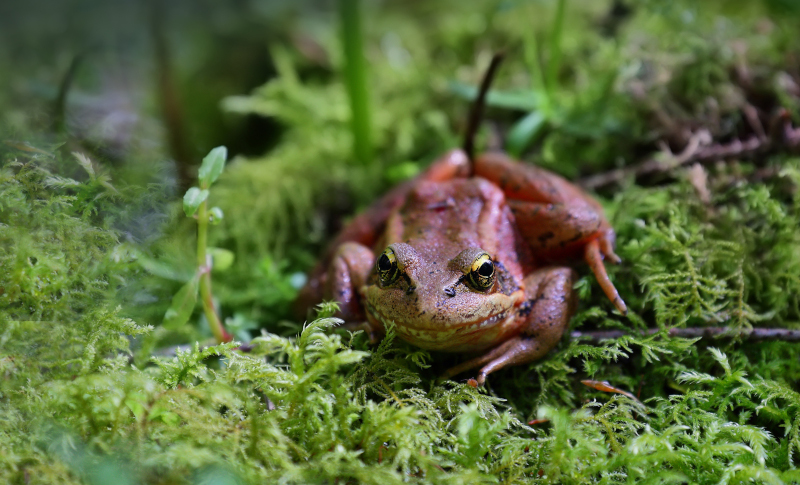
Protected Species
Site 300 is home to a large plant and wildlife population including rare and endangered plants and animals. Access to these unique populations is controlled, and site operations have successfully co-existed with them since the 1950s.




